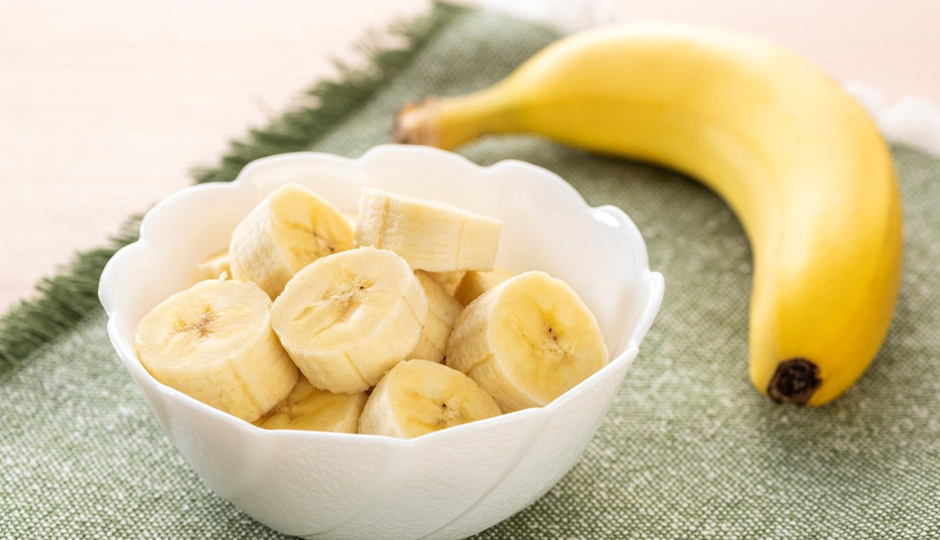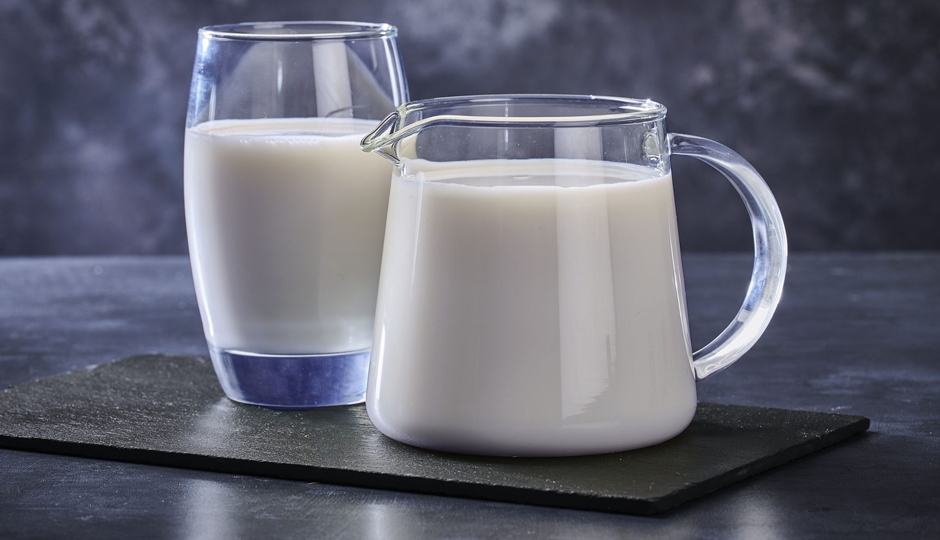- Home›
- Healthy Living›
- Which Is Better Source Of Fiber- Black Beans Of Kidney Beans?
Which Is Better Source Of Fiber- Black Beans Of Kidney Beans?
By: Priyanka Maheshwari Tue, 06 Aug 2024 10:11:32
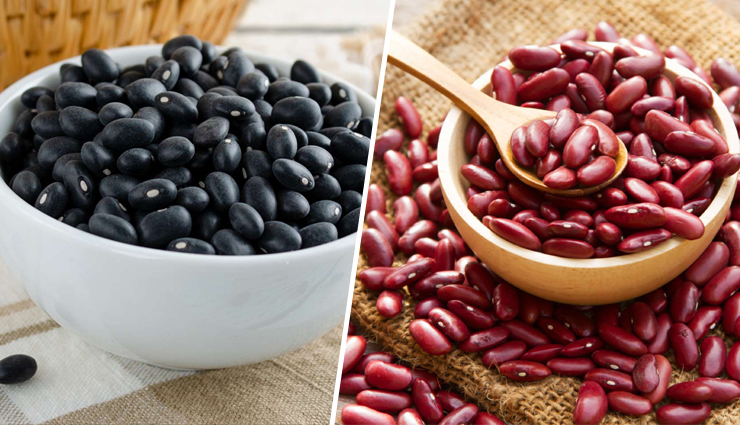
Black Beans
Black beans, also known as black turtle beans, are small, shiny, and black legumes commonly used in Latin American cuisine. They have a dense texture and a mildly sweet flavor.
Health Benefits:
- Rich in Fiber: Black beans are an excellent source of dietary fiber, which aids in digestion and helps maintain healthy bowel movements.
- High in Protein: They provide a substantial amount of plant-based protein, making them a great choice for vegetarians and vegans.
- Low Glycemic Index: Black beans have a low glycemic index, which helps in managing blood sugar levels and reducing the risk of type 2 diabetes.
- Antioxidants: They are rich in antioxidants, such as anthocyanins, which help combat oxidative stress and inflammation.
- Essential Nutrients: Black beans are packed with essential nutrients like folate, iron, magnesium, and potassium, which support overall health and well-being.
Kidney Beans
Kidney beans are named for their kidney-like shape and come in various colors, including red, white, and black. They are commonly used in dishes like chili and salads.
Health Benefits:
- High in Fiber: Kidney beans are an excellent source of dietary fiber, which promotes digestive health and helps in maintaining healthy cholesterol levels.
- Protein-Rich: They provide a significant amount of plant-based protein, making them a valuable food for muscle repair and growth.
- Blood Sugar Regulation: Kidney beans have a low glycemic index and can help regulate blood sugar levels, which is beneficial for managing diabetes.
- Rich in Micronutrients: They contain important vitamins and minerals, including iron, potassium, folate, and magnesium, which support various bodily functions.
- Antioxidant Properties: Kidney beans have antioxidant compounds that help protect the body from free radical damage and inflammation.
Here’s a general overview of the nutritional profiles for black beans and kidney beans per 100 grams (cooked):
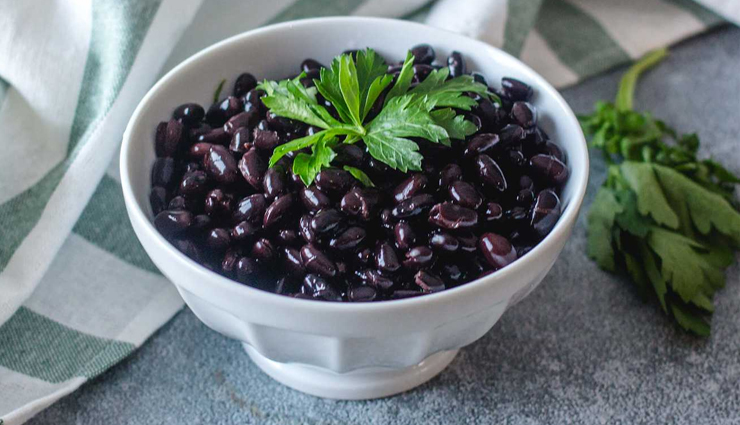
Black Beans
Calories: 339 kcal
Protein: 21.6 g
Carbohydrates: 62.4 g
Fiber: 16.6 g
Sugars: 0.6 g
Fat: 0.9 g
Saturated Fat: 0.2 g
Folate: 149 µg (37% DV)
Iron: 2.1 mg (12% DV)
Magnesium: 120 mg (30% DV)
Potassium: 1,256 mg (36% DV)
Calcium: 123 mg (12% DV)
Phosphorus: 281 mg (28% DV)
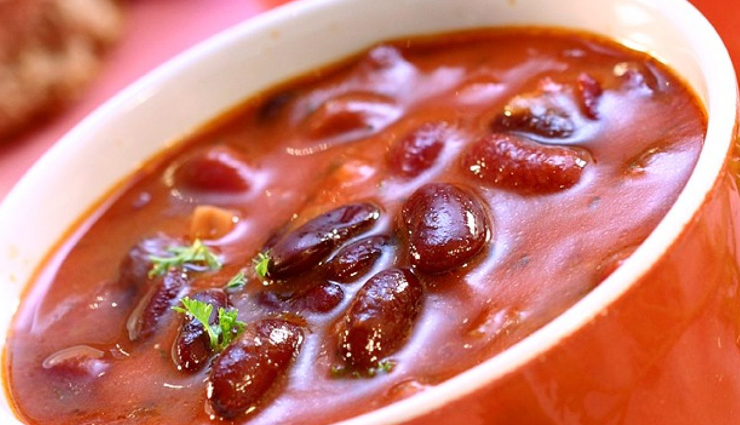
Kidney Beans
Calories: 333 kcal
Protein: 24.0 g
Carbohydrates: 60.0 g
Fiber: 25.0 g
Sugars: 2.0 g
Fat: 0.8 g
Saturated Fat: 0.2 g
Folate: 130 µg (33% DV)
Iron: 2.9 mg (16% DV)
Magnesium: 140 mg (35% DV)
Potassium: 1,428 mg (41% DV)
Calcium: 143 mg (14% DV)
Phosphorus: 295 mg (30% DV)
Key Points:
- Both black beans and kidney beans are excellent sources of protein and dietary fiber, which contribute to a healthy digestive system and sustained energy levels.
- They are rich in essential minerals such as iron, magnesium, potassium, and folate, which support overall health.
- Kidney beans have slightly more protein and fiber compared to black beans, while black beans offer a bit more potassium.
When comparing black beans and kidney beans, kidney beans have a higher fiber content per 100 grams. Here's a summary:
- Black Beans: Approximately 16.6 grams of fiber per 100 grams.
- Kidney Beans: Approximately 25.0 grams of fiber per 100 grams.
So, kidney beans are a better source of fiber compared to black beans. Including kidney beans in your diet can help you meet your daily fiber needs more effectively.



